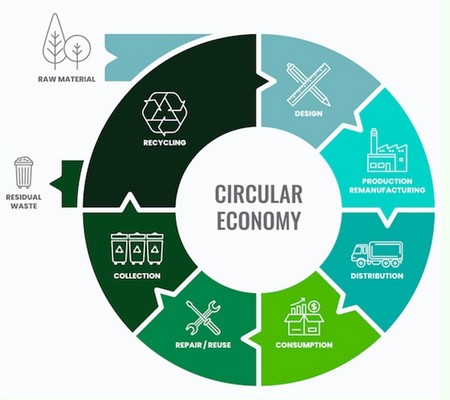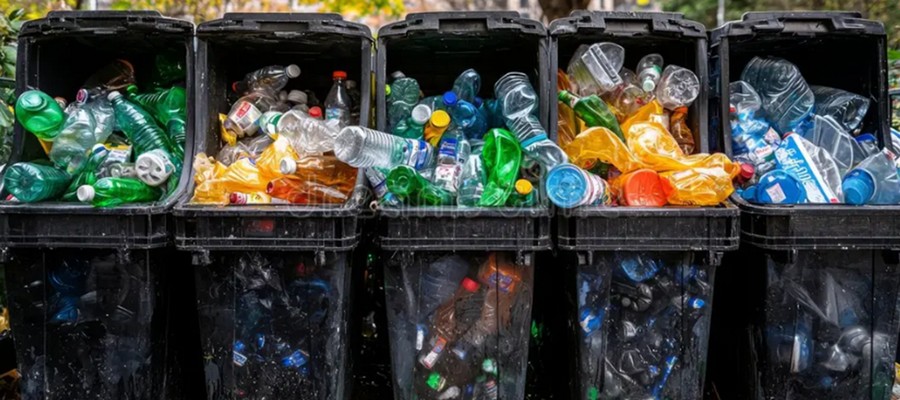Procurement
Sustainable sourcing and use of eco-friendly materials policy
NTUA aims to integrate the principles of the circular economy into its procurement processes, oriented towards a more sustainable operation. This includes changing from the traditional consumption model to one that promotes the reuse and preservation of materials for a longer period of time. Proposals to be pursued include the application of environmental criteria to the markets, the preference of recycled materials and the integration of social and environmental conditions in the tenders.
As part of this policy, NTUA could commit to specific procurement practices:
Purchase of products with eco-labels (EcoLabel, energy label) and high content of recycled materials. While by July 2025 it will try to drastically reduce the use of paper and use paper made from 100% recycled material. The same applies to cleaning items which must be biodegradable.

Incorporation of explicit environmental and social terms in the supply notices. Suppliers will also be evaluated in terms of their sustainability performance, with a minimum mandatory weighting percentage of these criteria during the evaluation. This ensures that selections that contribute to a lower carbon footprint and lower waste generation are chosen, even if they are not the cheapest.

Partnerships with companies that do not meet basic standards of environmental or social responsibility must be excluded. The purchase of single-use products or materials containing hazardous substances must also be discouraged.

Procurement that supports the circular use of resources has already been launched and is being promoted. This includes practices such as renting or purchasing equipment with repurchase/reuse agreements working with suppliers offering refill services (e.g. for printer inks) and the requiring suppliers to return their products of packaging after use. In this way, waste is reduced and loops the life cycle of the materials.

The NTUA aims to set targets for reducing carbon dioxide emissions and waste from the supply chain. Practical measures include the selection of local suppliers (where possible) to reduce “supply kilometers” and transport emissions. Suppliers may also be asked to use reusable or recyclable packaging and report the carbon footprint of their products.
Through such a policy, the NTUA will be in line with the EU’s trends towards “green public procurement” and will leverage its significant purchasing power for the benefit of sustainability. It is worth noting that, according to a survey by the European University Association, already over 38% of universities in Europe have implemented an integrated sustainable procurement process and almost half have partial implementation, which demonstrates the importance and dynamics of the measure.
The adoption of an ambitious policy for sustainable procurement will help the National Technical University of Athens (NTUA) reduce its environmental footprint, align with the UN Sustainable Development Goals and serve as an example for other public organizations.





